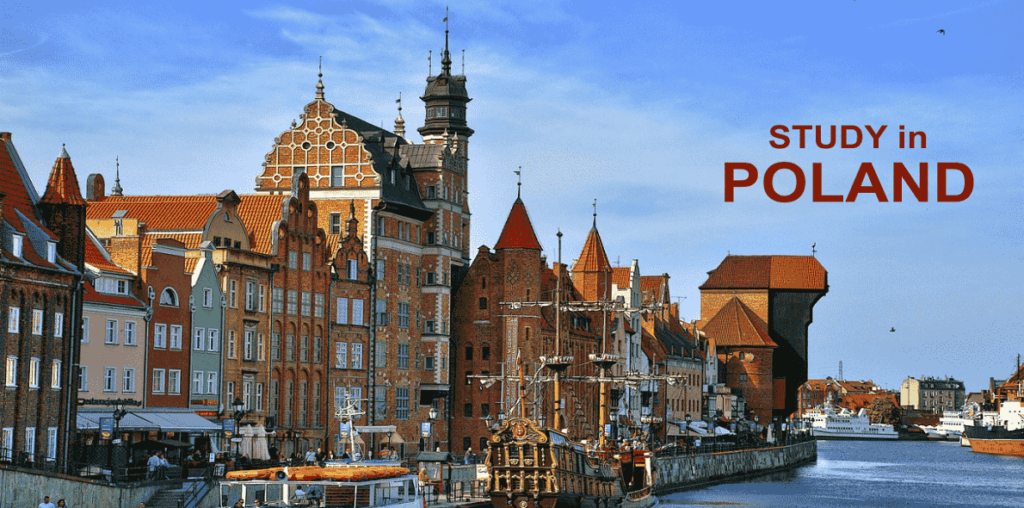The first and foremost thing about the study in Poland is that you get to be a part of the European Union which can help you polish your CV from the wide range of experiences you’ll have. The second thing is that Poland in itself has several redeeming aspects when it comes to education. Poland has a rich tradition of education with universities dating as far back as the 14th century. The education system is bound by the Bologna process which makes it highly systemized and on par with the rest of the world, and similar to that of the home countries. This opens up avenues for student exchanges, internships across EU etc. Erasmus program ensures the continuity of students studying in higher degrees as well as student mobility and facilities.
Work Permit in Poland
Reasons like education quality, cost of living aren’t the reasons you should consider Poland as your study destination. It is the work opportunities both during your education and after your graduation that makes Poland a favorite choice. One of the things that we’d look at is the options it presents for students to work in their spare time. Poland has a 20-hour work permit every week while studying and the possibility to work full-time during the holiday months between July and December which are usually 3 in number. Apart from this also, once your graduation is done, unlike countries like the UK where you need to find a job or leave the country, you don’t need to get an immediate work permit to work in Poland. Just get your stay permit or Karta Pobytu as it is called, meet all the requirements mentioned therein, and you can work anywhere from 6 months to one year in Poland with just your stay permit. After that, students can apply for a blue card, which is usually given for a period of 2 years but can be extended for an additional 3 years for a total of 5 years in Poland before applying for membership.
Staying back Option in Poland
Of course, this is subject to several conditions, one of the first beings that you prove to the government you can support yourself financially and won’t have to rely on the government for allocating any funds towards your sustenance. And after you have a stable job, to rely upon to contribute to the economy rather than glean off of it, you can apply for a permanent residence permit, which is usually about 5 years after obtaining a blue card, which is citizenship proof of not only Poland but also of European Union meaning that you are privy to the benefits of a member of the Union as well. This is particularly helpful in situations where, if you finished your study early, you needn’t leave or you needed to gain experience to validate the degree before returning to your hometown. You would, of course, need to submit documents like proof of residence, health permits, proof of admission in the college and such

